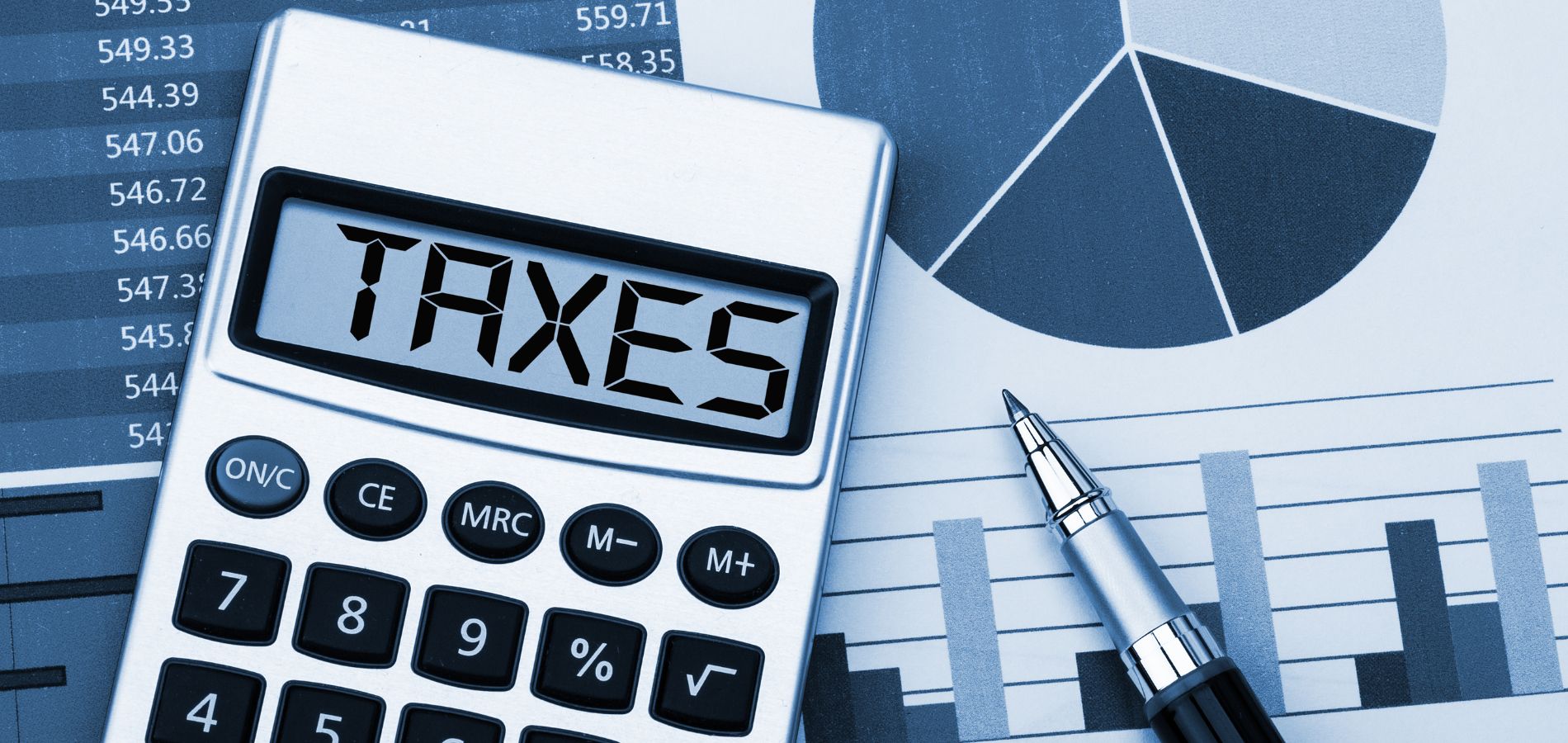Mastering the Tax Maze: Top 10 Tips for Healthcare Professionals on Self-Assessment Tax Returns
Introduction:
As healthcare professionals gear up for the annual ritual of self-assessment tax returns, mastering the intricacies of this process becomes paramount. Navigating the tax maze requires careful consideration of income sources, allowable expenses, and compliance with HMRC regulations. To kickstart this journey, here are the top 10 tips for healthcare professionals managing their self-assessment tax returns. Additionally, we will delve into specific considerations for those working within the NHS and underscore the invaluable role that Yorkshire Medical Accountants play in simplifying this complex undertaking.
Top 10 Tips for Self-Assessment Tax Returns:
- Organise Your Records:
– Start the tax season on the right foot by organising your financial records. Efficient record-keeping not only expedites the completion of your self-assessment but also serves as a safeguard in case of an HMRC audit.
- Stay Informed on Deadlines:
– Mark crucial HMRC deadlines on your calendar to ensure timely submission and payment. Late filing can result in financial penalties, so staying informed is key to compliance.
- Maximise Allowable Expenses:
– Identify and claim all allowable expenses applicable to your profession. Whether it’s professional subscriptions, travel costs, or equipment expenses, maximising deductions helps minimise your tax liability.
- Separate Personal and Business Finances:
– Maintain separate accounts for your personal and business finances. This not only streamlines the tracking of income and expenses but also simplifies the self-assessment process.
- Understand NHS Pension Contributions:
– If you contribute to the NHS Pension Scheme, understand the impact on your taxable income. Yorkshire Medical Accountants can provide guidance on optimising pension contributions for tax efficiency.
- Plan for Tax Payments:
– Anticipate your tax liability and plan for payments accordingly. Setting aside funds throughout the year can prevent financial strain when the tax bill comes due.
- Explore Digital Solutions:
– Embrace digital platforms for managing your tax affairs. The shift to digital tax accounts by HMRC necessitates a comfortable familiarity with online tools, ensuring a smooth submission process.
- Seek Professional Guidance:
– Don’t hesitate to seek professional assistance. Yorkshire Medical Accountants specialise in the unique financial landscape of healthcare professionals, offering tailored advice and expertise.
- Review Your Tax Code:
– Regularly review your tax code to ensure it accurately reflects your circumstances. An incorrect tax code can lead to overpayment or underpayment of taxes.
- Plan for the Future:
– Engage in proactive tax planning for the future. Yorkshire Medical Accountants can help structure your income, provide strategic advice, and ensure you’re well-prepared for upcoming tax implications.
Understanding Self-Assessment Tax Returns:
The self-assessment tax return is an annual requirement for individuals whose income is not taxed at source. This includes healthcare professionals, who often juggle multiple income streams beyond their primary employment. To navigate this process effectively, it’s crucial to comprehend the key components of self-assessment tax returns.
Key Components of Self-Assessment Tax Returns:
- Income Sources:
– Healthcare professionals should meticulously account for all income sources, including private practice, locum work, consultancy fees, and supplementary income. Accurate documentation is essential to avoid penalties.
- Allowable Expenses:
– Identify and claim allowable expenses to reduce tax liability. Yorkshire Medical Accountants specialise in optimising claims for professional subscriptions, indemnity insurance, and other industry-specific expenses.
- Record-Keeping:
– Maintain organised records of income and expenses. This not only facilitates the completion of the tax return but also serves as a safeguard in case of an HMRC audit.
Self-Assessment Tax Returns for NHS Professionals:
Healthcare professionals within the NHS face specific considerations when it comes to self-assessment tax returns.
- PAYE and Self-Assessment:
– NHS professionals paid through PAYE for their primary employment may need to file a separate self-assessment for additional income streams like private practice or locum work.
- Pension Contributions:
– Consider the impact of NHS Pension contributions on taxable income. Yorkshire Medical Accountants can assist in optimising pension contributions for tax efficiency.
- Employment Expenses:
– Identify and claim allowable employment expenses, such as professional subscriptions and work-related travel. Yorkshire Medical Accountants excel in understanding and maximising such claims.
Self-Assessment Tax Returns and HMRC Compliance:
- HMRC Deadlines:
– Meeting HMRC deadlines is crucial to avoid penalties. Yorkshire Medical Accountants can provide timely assistance, ensuring healthcare professionals meet submission and payment deadlines.
- Penalties for Late Filing:
– Late submission can result in financial penalties. Yorkshire Medical Accountants help healthcare professionals meet deadlines and avoid unnecessary fines.
- Digital Tax Accounts:
– The shift to digital tax accounts requires proficiency with online platforms. Yorkshire Medical Accountants leverage technology to streamline the self-assessment process.
The Role of Yorkshire Medical Accountants:
Yorkshire Medical Accountants offer specialised accounting and tax services for healthcare professionals. Their expertise in the healthcare sector ensures accurate handling of self-assessment tax returns and proactive tax planning.
- Specialised Knowledge:
– Yorkshire Medical Accountants possess in-depth knowledge of the healthcare industry, ensuring accurate and comprehensive handling of self-assessment tax returns.
- Maximising Allowable Expenses:
– They specialise in identifying and maximising allowable expenses specific to healthcare professionals.
- Navigating NHS Pension Complexities:
– Yorkshire Medical Accountants navigate the intricacies of NHS Pension contributions, ensuring informed financial decisions.
- Proactive Tax Planning:
– They engage in proactive tax planning, providing strategic advice on income structuring and future tax implications.
- Digital Solutions:
– Leveraging technology, Yorkshire Medical Accountants streamline the self-assessment process for healthcare professionals.
Mastering the self-assessment tax return process is essential for healthcare professionals, and the top 10 tips provided serve as a foundation for a successful tax season. Yorkshire Medical Accountants emerge as indispensable partners, offering specialised expertise, meticulous attention to detail, and proactive tax planning to optimise financial outcomes. By incorporating these tips and enlisting the support of Yorkshire Medical Accountants, healthcare professionals can navigate the tax mase with confidence, ensuring compliance and financial well-being.




